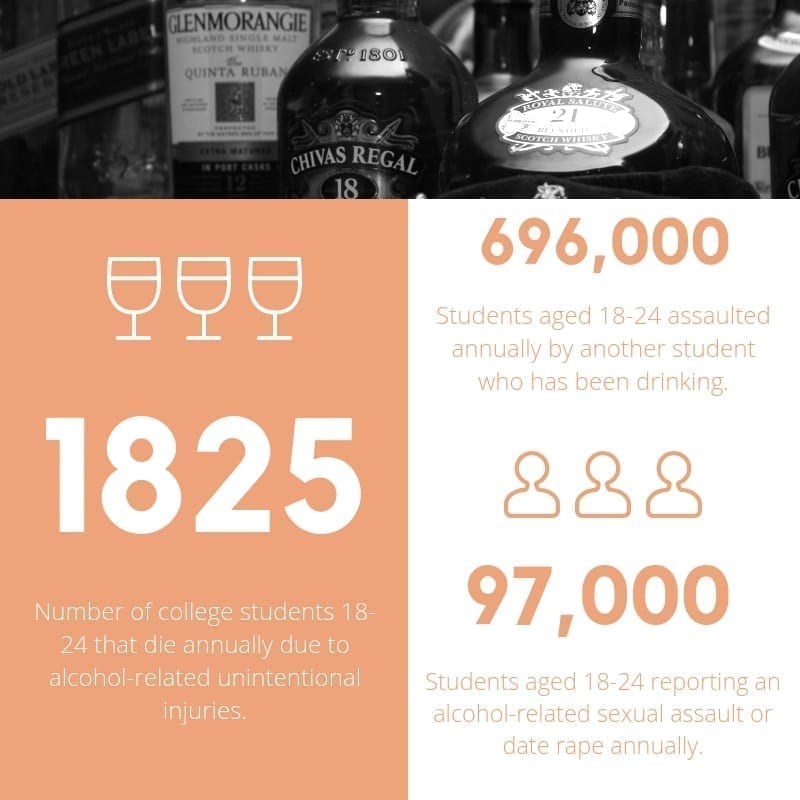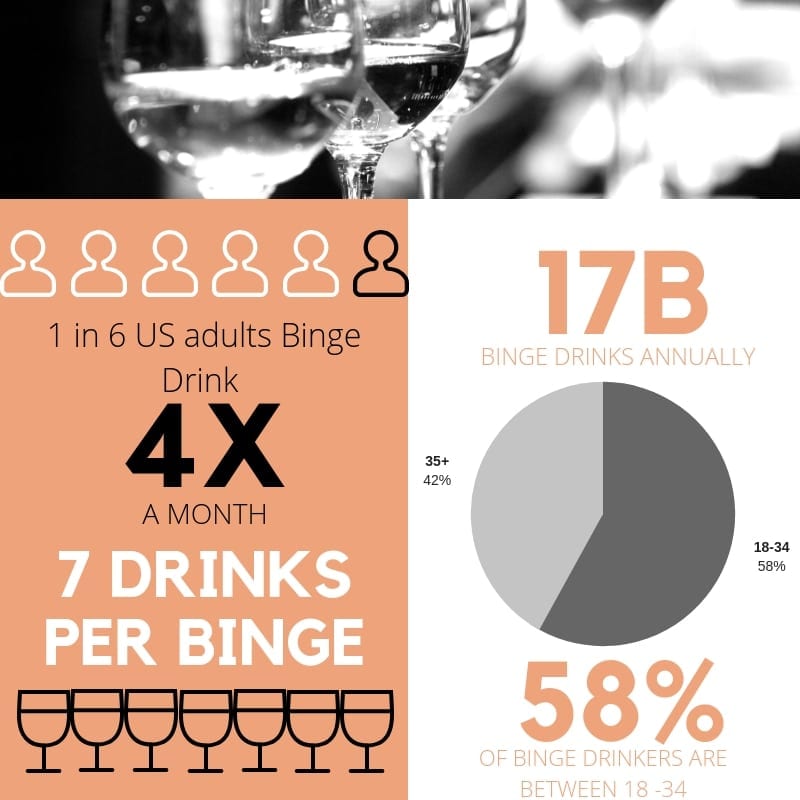Fraternity members on the University of Georgia campus are complying with the hard liquor ban that UGA’s Interfraternity Council has enacted, despite opposition.
Effective immediately, fraternities are no longer to have alcohol with a greater than 15 percent alcohol content at events or facilities due to the increasing number of alcohol related deaths of fraternity members on college campuses.
Why It’s Newsworthy: University of Georgia’s IFC is enforcing a ban on alcohol with 15 percent alcohol content or higher due to the amount of alcohol related deaths in the last two years. Members of Greek life believe the ban will have adverse effects.
UGA’s IFC is enforcing the hard liquor ban effective immediately, while the North American Interfraternity Council (NIFC), of which many UGA fraternities belong to, will not begin enforcing their hard liquor ban until September 1, 2019.
IFC Vice President of Public Relations, Alex Bragan explains its purpose:
The overall goal of the agreement to prevent liquor from being present at socials is to provide for the safety of students and to work towards creating a less volatile environment at these events.”
According to the National Institute on Alcohol Abuse and Alcoholism, an estimated 88,000 people die from alcohol-related causes annually and far more are impacted by the consequences of binge drinking and alcohol abuse.

The Center for Disease Control describes binge drinking as “the most common, costly, and deadly pattern of excessive alcohol use in the United States.” Binge drinking is a pattern of drinking that causes a person’s Blood Alcohol Content to rise to 0.08 or higher. This typically occurs in men after 5 drinks and in women after 4 drinks within 2 hours.

Sophomore and Alpha Tau Omega fraternity member Jack White believes that banning hard liquor from fraternity facilities and events will lead to even more binge drinking.
“People will try to pregame functions beforehand too hard and too fast, which will lead to the unintended results that IFC doesn’t want to see,” White said.
The NIFC is enacting their hard liquor ban in response to several fatal alcohol related deaths in 2017. According to the NIFC, almost all hazing and deaths related to alcohol consumption in the past two years have been due to students drinking alcoholic beverages with greater than 15 percent alcohol content.
UGA’s IFC is taking these tragic events as a lesson and is acting on its own behalf in order to maintain student’s safety.
“While we are aware of the horrible incidents that occurred at those Universities, this ban was more focused on how alcohol is handled at UGA in particular. As a council, we felt that this was a progressive step toward a safer Greek community at the University of Georgia,” IFC President, Sam Nevers, clarifies.
Students active in Greek Life at UGA believe this ban may have an adverse reaction that IFC is not intending. Sophomore, Sigma Kappa Sorority member, Micha Wallesen explains:
If people feel like they’re not going to get the alcohol they want at an event, they’re just going to drink even more beforehand. So, I think it has the possibility to have a reverse effect and potentially be more dangerous than if there was liquor there.”
Nevers and Bragan say the response from the Greek community has been mostly positive. However, White disagrees.
“We live in a day and age where fraternities are getting kicked off campus left and right, so my chapter has cooperated fully with the new rule, however, most of my peers are wholeheartedly against the new rule,” White said.
Fraternities at UGA are adjusting to the new ban as IFC begins to decide how to enforce it.
Emily Graven is a senior majoring in Journalism in the Grady College of Journalism and Mass Communication at the University of Georgia







